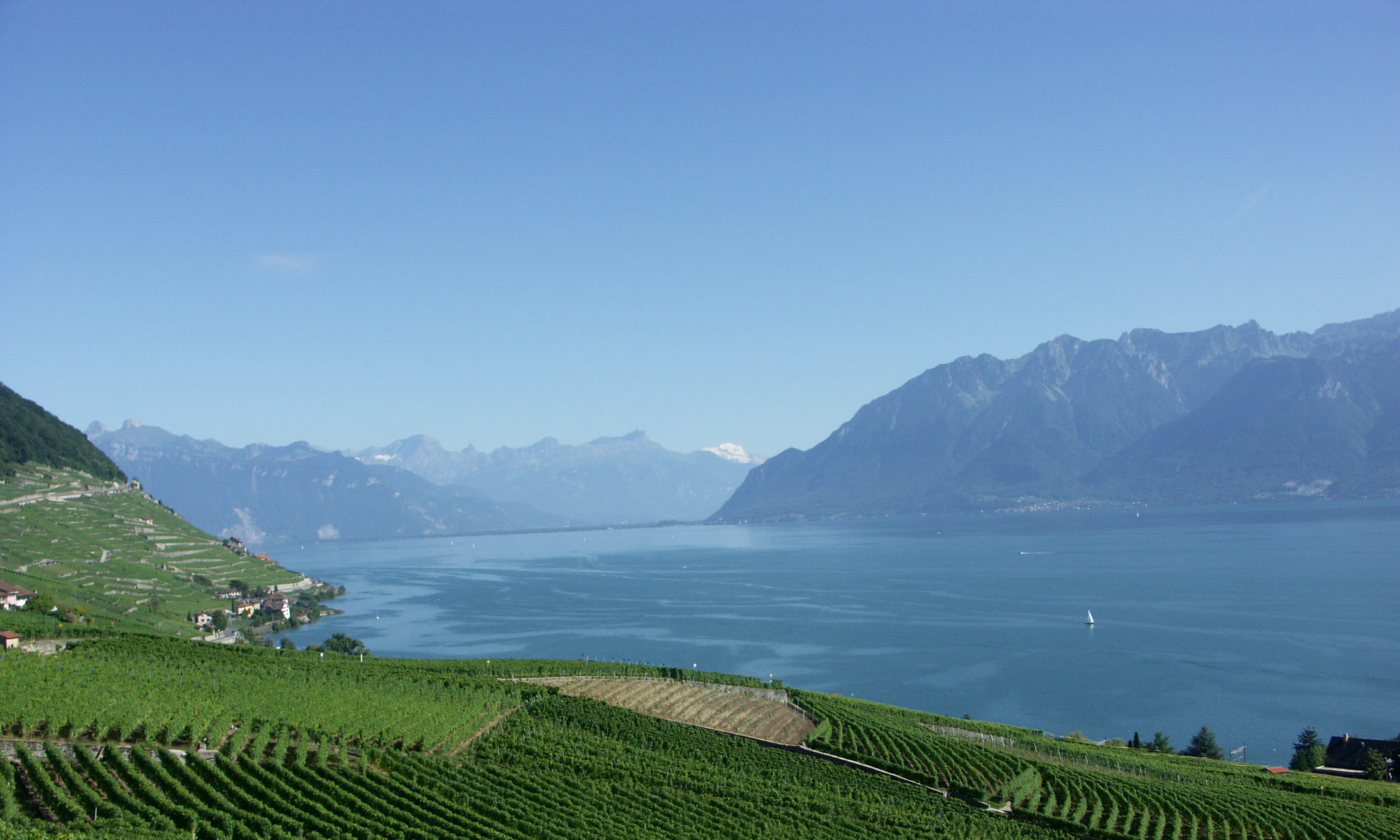To reply to this question use the “Leave a reply” box/field at the bottom of this page.
51 Replies to “Question 2: What are the top three areas where the capacities of National Hydrological Services need to be strengthened, in particular through international cooperation? What would be the difference in the case of a combined Hydrometeorological Service?”
Comments are closed.


. The three above-mentioned external challenges define the three major concern areas indicated below. Attention to these issues should be strengthened both by the National Hydrological Services and WMO (in the latter case, through increased international cooperation):
– ensuring maximum availability of hydrological observational data (both ground-based and satellite) for the global community, both from the National Hydrological (Hydrometeorological) Services, as well as through the further development of global hydrological data centers and more rigid regulations for the provision and dissemination of hydrological data under the auspices of WMO;
– development and assimilation of satellite data use technologies for solving various hydrological problems via the intensification of international cooperation in this field under the auspices of WMO;
– further development and assimilation of technologies for forecasting hazardous hydrological phenomena and increasing attention to them, both on the part of the National Hydrological Services and WMO (i.e. through increased international cooperation in the area in question).
The three main areas in which the capacities of national hydrological services need to be strengthened, particularly through international cooperation, are:
1- knowledge of the potentialities of water resources: this area still contains real gaps. Measurement networks are obsolete and are not modernized despite locally noted attempts. The measurement and constitution of reliable databases is the basis of all hydrological knowledge work;
2 – training in operational hydrology: training in operational hydrology is an area to which national hydrological services must focus. The aging of the staff is a major handicap. The renewal of the technical staff mastering the new hydrometric techniques, the modeling and the mapping tools must be included in the priorities of the NHSs.
3 – partnership-collaboration with research institutions: this area necessarily involves the signature of an agreement between the research institutions and the technical services of the administration. The benefits are the availability of trainees but also research results, which will help to make a good decision and thus to anticipate future issues.
Training of personnel both for the processing of information and for Hydrometry.
Training in the management of stakeholders.
Training in the standardization of hydrological services and the implementation of a quality system
Also training in best practices on data rescue.
Training in flood modeling
Las tres áreas prioritarias son:
Capacitación.
Tecnología.
Mercadeo.
No creo que haya diferencia respecto a un servicio hidrometeorológico
Hydrometry (latest techiques, procedures, training, divulgate latest technology
Data base management, best practices, promote interchange between hydrology institutions that are succesfull in this matter and those with gaps
Technical knowlegde, to promote profesional interchange, in many topics is very helpful to talk and share experiences with professionals who already deal with the specific problem